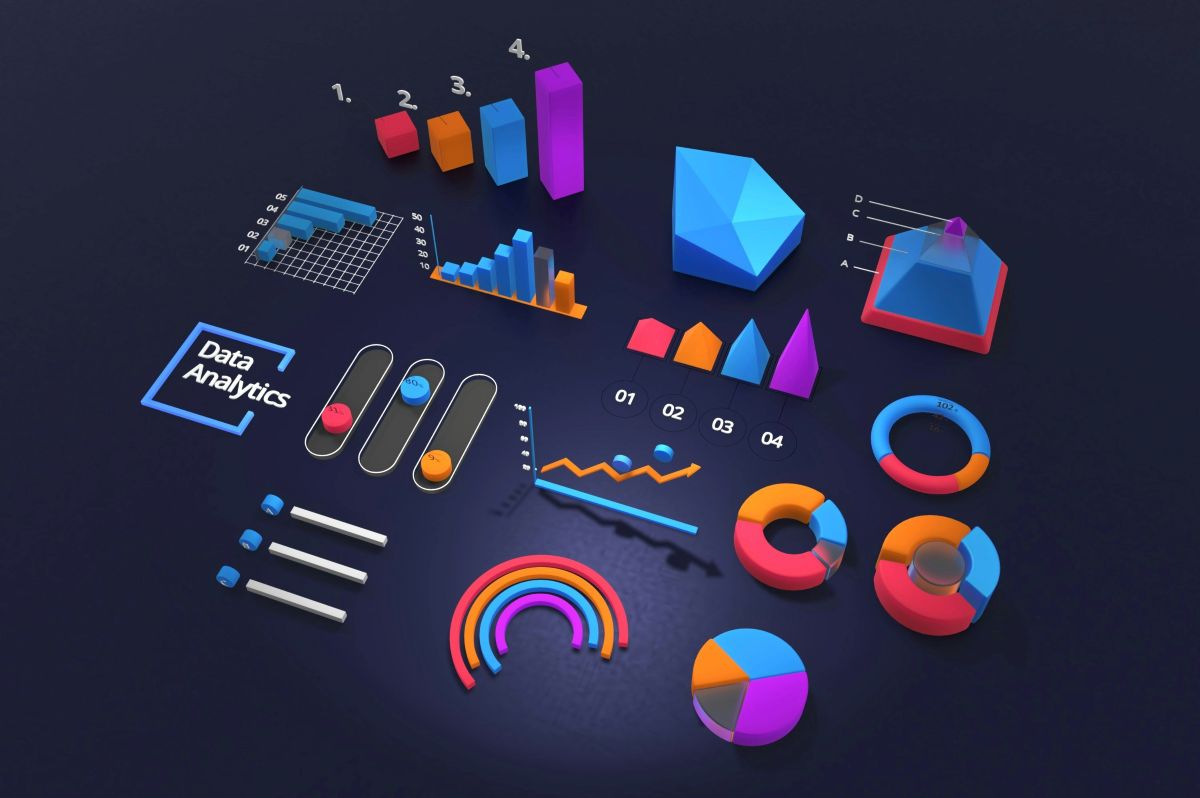Mentoring the Next Generation of Data Leaders
In today’s rapidly evolving business environment, data has become one of the most valuable resources a company can possess. With this growth in importance, there is an ever-increasing demand for skilled data professionals to not only analyze and interpret vast datasets but also to lead teams and drive strategic decisions. As a result, mentoring the next generation of data leaders is critical to ensuring that businesses can stay ahead of the curve. Effective mentoring can help future leaders develop the technical and soft skills they need to thrive, fostering a culture of innovation and data-driven decision-making.
However, mentoring data leaders requires more than simply teaching them the technical aspects of data analysis or the tools they need to succeed. It involves equipping them with the leadership capabilities that will enable them to manage teams, communicate effectively with stakeholders, and make informed, strategic decisions. In this article, we’ll explore five strategies for mentoring the next generation of data leaders, with actionable insights to help guide this critical process.
1. Focus on Developing Strong Communication Skills
One of the most important skills for any leader, especially in data-driven environments, is the ability to communicate complex concepts in a clear and concise manner. Data leaders must be able to bridge the gap between technical teams and non-technical stakeholders. They need to articulate the value of data insights in a way that drives business decisions and garners buy-in from leadership teams.
Effective mentoring should include opportunities for emerging leaders to practice presenting data findings to different audiences. Encouraging them to simplify complex analysis and present actionable insights to stakeholders who may not have a deep understanding of the data will strengthen their communication skills. Additionally, mentoring programs can include strategies on storytelling with data, which will help leaders frame their findings in a narrative that resonates with business objectives.
Another aspect of communication that mentors should focus on is active listening. Encouraging mentees to truly understand the concerns and goals of others will help them become empathetic leaders who can address the needs of their team members, stakeholders, and clients alike.
2. Emphasize the Importance of Strategic Thinking
Data leaders are not just analysts—they are strategic decision-makers. They must have the ability to align data initiatives with organizational goals and help drive the business forward using data-driven insights. Developing a strategic mindset requires more than just technical skills; it requires an understanding of how data can influence the broader business landscape.
Mentors can foster strategic thinking in future data leaders by guiding them in framing their work within the context of larger business objectives. This could involve mentoring on understanding the business’s goals, learning how to assess the financial implications of data strategies, and encouraging them to think critically about how data-driven insights can solve problems and open new opportunities.
Mentors can also encourage their mentees to adopt a long-term perspective, thinking beyond immediate tactical outcomes to understand how their work will contribute to the company’s future growth. By showing them how data can drive innovation and influence change, mentors help future leaders gain the foresight necessary for success.
3. Promote Cross-Functional Collaboration
Data leadership requires working across various departments within an organization. Data leaders often act as liaisons between technical teams and other business units such as marketing, sales, or operations. As such, promoting cross-functional collaboration is essential in mentoring the next generation of data leaders.
Mentors can encourage their mentees to build relationships with other departments and learn how data can support diverse business functions. One way to do this is through job shadowing, where aspiring data leaders can work closely with colleagues in marketing, finance, or product development. By gaining a deeper understanding of each department's goals, challenges, and needs, data leaders can position themselves as trusted advisors who can offer valuable insights.
Another approach to fostering collaboration is to involve mentees in multidisciplinary projects. Working on cross-functional teams can help them learn how to manage diverse perspectives and collaborate with individuals from various backgrounds. This hands-on experience allows them to develop the interpersonal skills necessary for building effective teams and leading through influence.
4. Foster a Growth Mindset and Resilience
The data landscape is constantly evolving, with new tools, technologies, and methodologies emerging regularly. To be effective leaders, data professionals must possess a growth mindset—being open to learning, unlearning, and adapting to change. Mentors should prioritize helping mentees develop this mindset to stay ahead in the fast-paced world of data science.
Encouraging a growth mindset starts with embracing challenges and setbacks as opportunities to learn. Mentors can provide mentees with challenging projects that stretch their abilities and push them out of their comfort zone. When mistakes are made, mentors should offer constructive feedback, focusing on lessons learned and helping mentees build resilience.
Additionally, mentors should emphasize the importance of continuous learning in the data field. Encouraging mentees to pursue professional development through courses, workshops, and certifications helps them stay current with emerging trends and technologies. By fostering a commitment to lifelong learning, mentors ensure that their mentees remain adaptable and competitive in a rapidly changing industry.
5. Encourage Ethical Leadership and Data Governance
As data becomes more integral to decision-making, ethical considerations around data use are increasingly important. Data leaders are responsible for ensuring that data is handled responsibly, with respect for privacy, security, and fairness. Mentors must instill the values of ethical leadership and data governance in the next generation of data professionals.
Mentors can begin by educating their mentees on the ethical implications of data analysis and the importance of transparency in data-driven decision-making. This includes teaching them about data privacy laws, such as GDPR, and emphasizing the need for ethical practices in the collection, storage, and use of data. Data leaders must also consider the social impact of their work, ensuring that algorithms and data models are free from bias and that data is used to benefit all stakeholders fairly.
Ethical leadership is not just about compliance; it is about fostering a culture of trust within an organization. Data leaders should be advocates for responsible data practices, not only adhering to legal standards but also championing best practices that align with the company’s values and mission. Mentoring on ethical leadership equips emerging data leaders to make decisions that positively impact both their organization and society.
Preparing the Next Wave of Data Leaders
Mentoring the next generation of data leaders is crucial for building a workforce capable of driving innovation, fostering collaboration, and ensuring that data is used ethically and strategically within organizations. By focusing on developing communication skills, strategic thinking, cross-functional collaboration, a growth mindset, and ethical leadership, mentors can help shape the data leaders of tomorrow.
For industry leaders looking to prepare themselves or their teams for this journey, WorkForce Institute offers an accelerated data science leadership bootcamp. This program is designed to upskill or reskill individuals in the latest data science best practices, equipping them with the knowledge and skills they need to succeed in a leadership role. Whether you are a seasoned professional or an emerging leader, WorkForce Institute can help you navigate the complexities of data science leadership and build a successful career.


